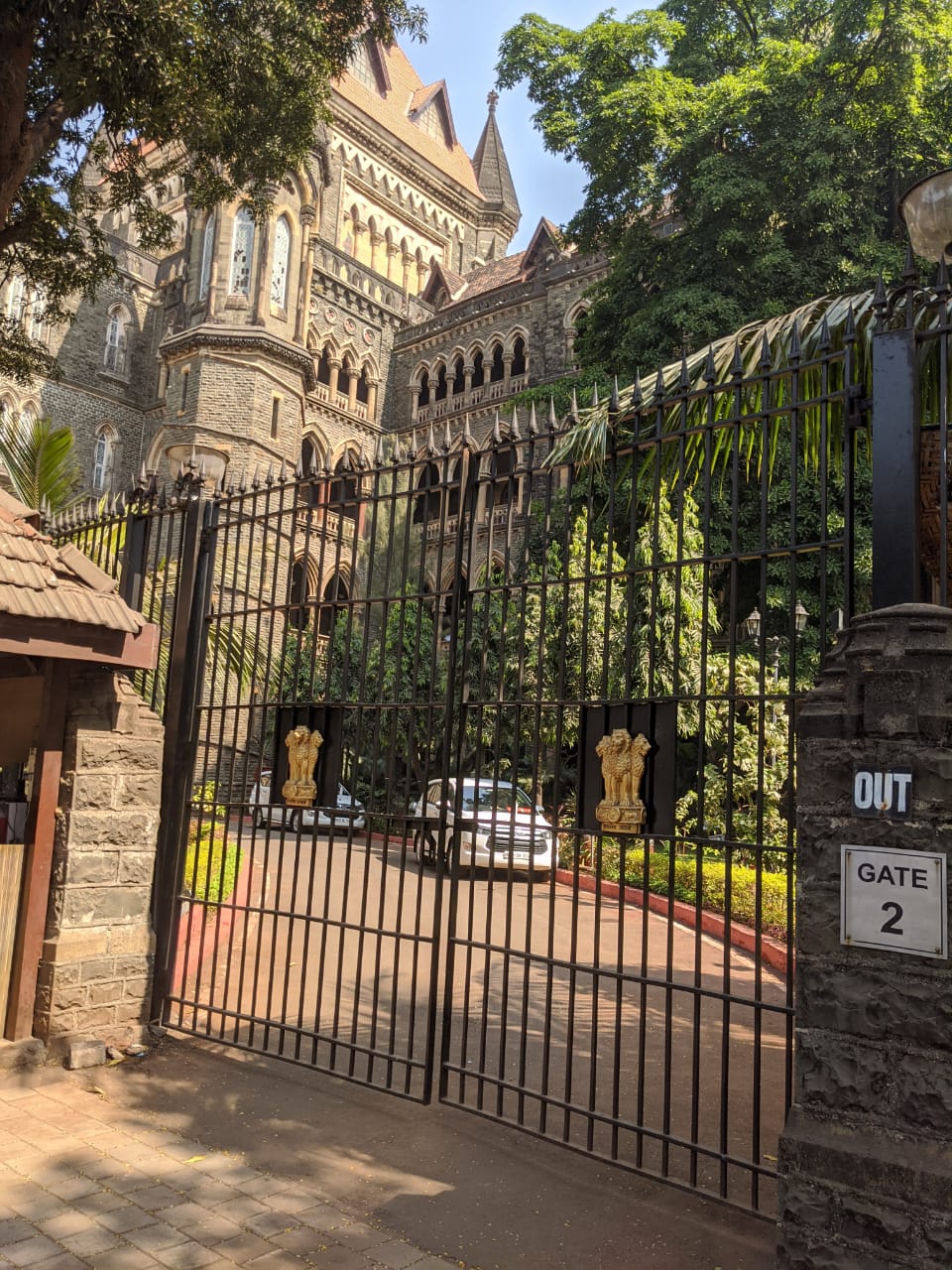The Bombay High Court in a significant judgement quashed and set aside an ex-parte order passed by the Family Court, Thane allowing the dissolution of marriage by a decree of divorce.
Division bench of Justice Revati Mohite Dere and Justice Sandesh D Patil were hearing an appeal against the family court order dated November 5, 2024.
The respondent-husband had filed the petition for divorce under Section 27(1)(d) of the Special Marriage Act, 1954.
The contention of the respondent-husband was that the appellant-wife treated him with cruelty and therefore he sought dissolution of the marriage. The respondent-husband had given details of the manner in which, according to him, the appellant-wife had inflicted cruelty upon him.
The appellant-wife appeared before the Court, however, failed to file her written statement within time, and hence there was an order passed on 10/3/2023, to proceed, without written statement. The appellant-wife thereafter remained absent. She failed to lead her evidence, hence by an order dated 22/8/2024 her evidence was closed. Thereafter, by an order dated 10/2024, her right to argument was also forfeited.
The Principal Judge, Family Court, framed an issue as to whether the petitioner had proved that after solemnization of Marriage, the respondent treated him with cruelty. He then proceeded to answer the issue in the affirmative and dissolved the marriage by passing judgment and order on 5/11/2024.
Submissions
Advocate Priyanka Desai appeared on behalf of the appellant-wife along with Tvisha Desai and Janhavi Pise instructed by The Fort Circle. She argued that the impugned judgment and order is bad in law, contrary to the principles of equity, justice, and good conscience. and deserves to be quashed and set aside. She submitted that the Principal Judge, Family Court, has not given any reasons while answering issue number “Does the petitioner prove that after solemnization of marriage respondent treated him with cruelty?”
Advocate Desai also argued that although the appellant-wife had not filed written statement, and further, although the appellant-wife had not led her evidence, it was incumbent upon the learned Trial Court to assess the evidence of the respondent-husband, who was the applicant before the Trial Court, on its own merits and that the learned Trial Court could not have decreed the marriage petition filed by the husband only on the ground that the appellant-wife did not appear in the matter.
Advocate Pushpa Verma along with Advocate Moiez Shaikh appeared on behalf of the respondent-husband. Advocate Verma supported the findings of the Trial Court. She submitted that the appellant-wife, inspite of being served, chose not to appear in the matter. She submitted that the appellant-wife had not even filed her written statement. She further stated that the respondent-husband was not even cross-examined and that his evidence remained unchallenged.
Judgement
After hearing submissions on behalf of both parties, the bench observed –
“The trial Court has totally been oblivious of the legal position that merely because the proceeding has been ordered to be decided ex parte, does not mean that the proceeding has to be decreed automatically.
The Trial Court lost sight of the fact, that even though the party has not filed written statement, the contentions of the plaintiff/petitioner cannot be considered as gospel truth and that it has to be analysed independently on merits by the Trial Court. The Apex Court in Balraj Taneja & Anr. v. Sunil Madam & Anr. reported in (1998) 8 SCC 396 has held that even though no written statement was filed, yet the Trial court cannot automatically allow the proceeding and that the trial court should consider the case of the petitioner on its own merits.”
Thus, the appeal was allowed and the decree of divorce was quashed and set aside. Moreover, the bench allowed the appellant-wife, who is respondent in the proceedings before the Family Court, to file her written statement within a period of 30 days from the date of uploading of this order.
Court further directed the Principal Judge, Family Court to decide the case expeditiously, within a period of nine months.
Read The Judgement Here




